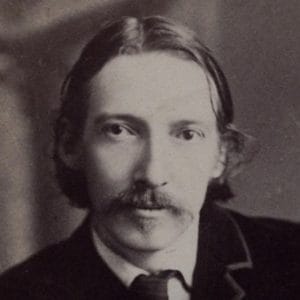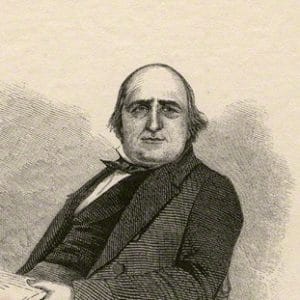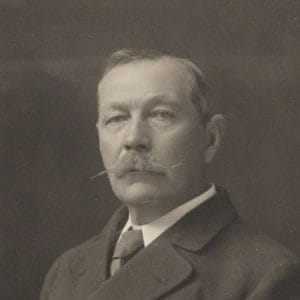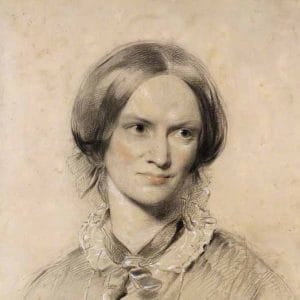
Charles Dickens
Charles Dickens
别名: Boz 出生: 07/02/1812 逝世: 09/06/1870 性别: Male 时期: Victorian 职业: NovelistNovelist, playwright and journalist Charles Dickens was one of the greatest writers of his time, and one of the very first British novelists to be introduced into China. Dickens was not only a master of storytelling; he was also foremost among 19th-century novelists in confronting his middle-class readers with the human face of social deprivation. In doing so, his writings smoothed the path of reform. Through his sharply drawn characters and compelling plots, Dickens created an evocative and enduring image of the Victorian underclass, tempering poverty with hope and wringing humour from despair .
照片来源: Charles Dickens, British Library主要作品
Charles Dickens’s The Pickwick Papers
英文标题: The Pickwick Papers 出版日期: 1836 格式: Novel 文学时期: Victorian 类型: Victorian literature 了解该作品Charles Dickens’s Nicholas Nickleby
英文标题: Nicholas Nickleby 出版日期: 1839 格式: Novel 文学时期: Victorian 类型: Victorian 了解该作品Charles Dickens’s Oliver Twist
英文标题: Oliver Twist 出版日期: 1839 格式: Novel 文学时期: Victorian 类型: Victorian 了解该作品Charles Dickens’s A Christmas Carol
英文标题: A Christmas Carol 出版日期: 1843 格式: Novel 文学时期: Victorian 类型: Victorian 了解该作品相关文章
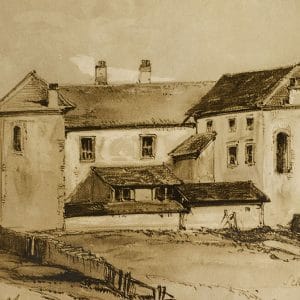
Nicholas Nickleby and the Yorkshire schools
Since the 18th century, parents had been sending their children to notoriously brutal Yorkshire boarding schools. Here Professor John Sutherland examines the depiction of these schools in Charles Dickens’s ‘social problem novel’, Nicholas Nickleby.
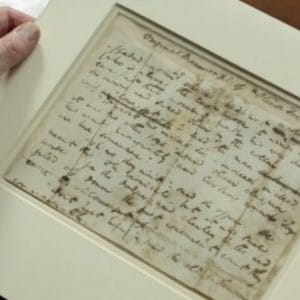
Oliver Twist: depicting crime and poverty
In Oliver Twist, Dickens paints a vivid picture of London’s criminal underworld, a subject he harnesses both to excite the reader and to explore the effects of social deprivation. Professor John Bowen discusses these themes with reference to Dickens’s original manuscripts.
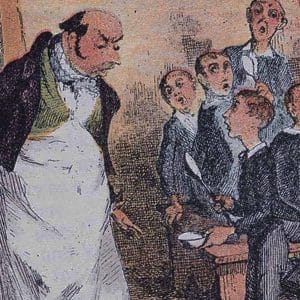
Oliver Twist and the workhouse
The hardships of the Victorian workhouse led Oliver Twist utter the famous phrase ‘Please Sir, I want some more’. Here Ruth Richardson explores Dickens’s own experiences of poverty and the social and political context in which he was writing.
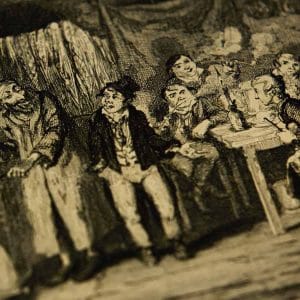
Crime in Oliver Twist
Dickens's Oliver Twist depicts the excitement as well as the danger surrounding the criminal underworld. Here Professor Philip Horne examines how Dickens’s portrayal of crime was influenced by public executions, contemporary criminal slang and other sensational literary works.
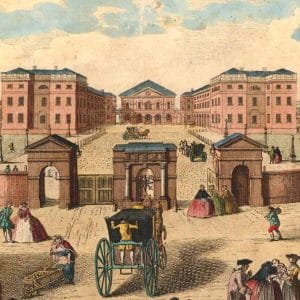
Foundlings, orphans and unmarried mothers
Ruth Richardson explores the world of poverty, high mortality, prejudice and charity that influenced the creation of Oliver Twist.
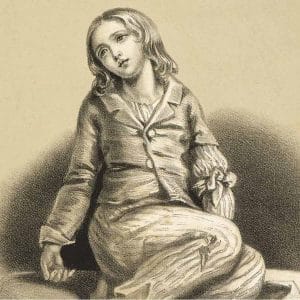
Orphans in fiction
Why do orphans appear so frequently in 19th-century fiction? Professor John Mullan reflects on the opportunities they provide for authors, considering some of the most famous examples of the period.
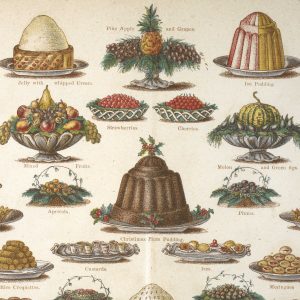
Charles Dickens and the Victorian Christmas Feast
Simon Callow explores Charles Dickens’s depiction of the Christmas feast and investigates the origins of England’s festive culinary traditions.
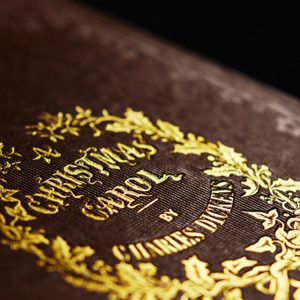
The origins of A Christmas Carol
Professor John Sutherland considers how Dickens’s A Christmas Carol engages with Victorian attitudes towards poverty, labour and the Christmas spirit.
